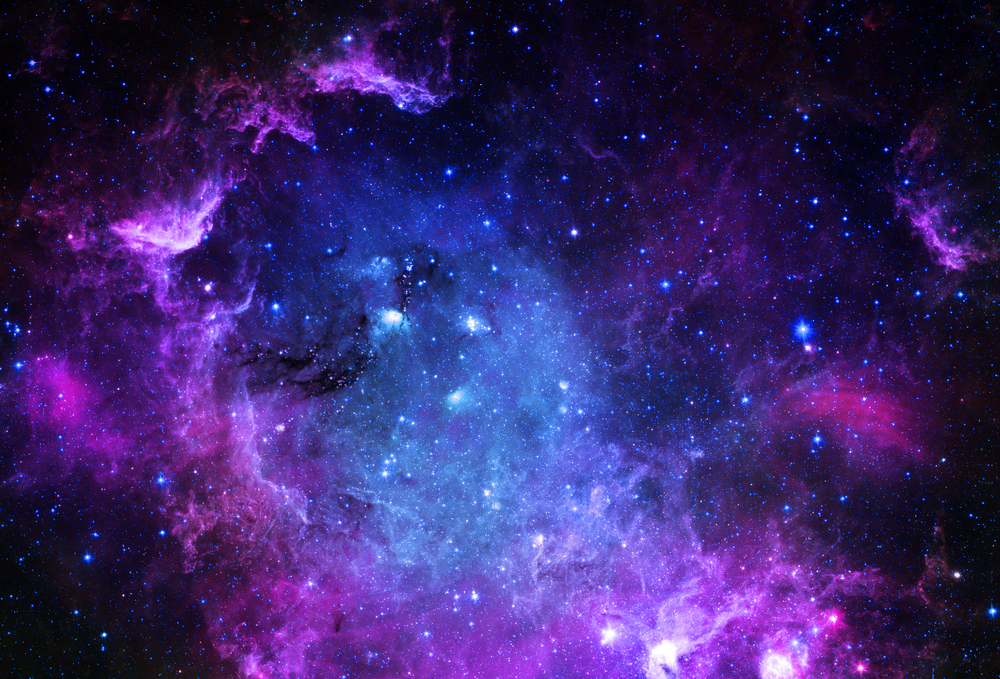I reproduced the common understanding of consciousness as any sort of awareness of one's surroundings.
"Common understanding"? Last century, perhaps. Things have moved on.

I reproduced the common understanding of consciousness as any sort of awareness of one's surroundings.


Do tell."Common understanding"? Last century, perhaps. Things have moved on.
I'm looking at it the other way round (and using the passive tense to do so), i.e. if something is created, whatever created it is natural (because it can happen and has happened). This is the only way I can see of avoiding the use of assumptions in my statements (assumptions that are not needed in order to question the statements being made in the OP).The universe creating an organism
We know that the universe is capable of creating an organism that is conscious, because we exist; we do not know of any mechanism by which the universe would be restricted, for the entire length of its existence, to producing just one such organism.
We know that the universe is capable of creating an organism that is conscious, because we exist; we do not know of any mechanism by which the universe would be restricted, for the entire length of its existence, to producing just one such organism. So we cannot assume that we are unique in that sense (even if that turned out to be the case in reality).
And taking this a step further, might one offer the suggestion that "there is a much more intimate tie between the domestic cat and the universe than we heretofore suspected"?
In general I am skeptical of cosmic takes that center humans. We've done pretty well for ourselves over the last four and a half centuries by sticking to the Copernican principle that there ain't nothing special about us. It's possible (logically possible, not completely out of the question) that we are special in some way, but ideas in that vein are so self-serving that we have to be extremely careful about not fooling ourselves. We should only go down that road if the evidence is overwhelming, and as I see it it most certainly isn't.
It is precisely what's happening here. A notion of "quantum" is being used to support a quintessentially religious view (that of the humans' privileged relationship to the universe).No I don't think that's what's happening here. It is not woo to suggest that reality must not be limited to what homo sapiens and his instruments can even in theory ever be able to perceive or measure.
It is wrong to insist there cannot be dimensions, vibrations and entities outside homo sapiens direct natural senses. Imo
It cannot be discounted.
But there's an underlying assumption in that statement that the only way an organism (one that has whatever attribute it is that might make us tied-in to the universe) could come into existence is the way that we have come into existence.there's an impressive array of evidence that the conditions necessary for Us are terribly specific
We seemed somehow to have strayed into that strange Star Trek universe where aliens can, if they are conscious and intelligent, mate successfully with other aliens that are conscious and intelligent (and using only their and our built-in biological capabilities).then the idea of "species" may need a big update
I see it as saying that as homo sapiens perception of the universe is all homo sapiens will ever be able to perceive or measure, does not discount the possibility that there is more out there Horatio.It is precisely what's happening here. A notion of "quantum" is being used to support a quintessentially religious view (that of the humans' privileged relationship to the universe).
Would you be willing to consider the two Discover articles to which I provided links in #22 above?
But there's an underlying assumption in that statement that the only way an organism (one that has whatever attribute it is that might make us tied-in to the universe) could come into existence is the way that we have come into existence.
It is precisely what's happening here. A notion of "quantum" is being used to support a quintessentially religious view (that of the humans' privileged relationship to the universe).
I skimmed! They've got ideas I've encountered before. (I should be working right now.)
